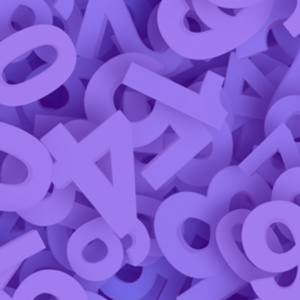300 Study Hours
Level 3 Difficulty
56 UCAS Points
CAIE Exam
Course Overview
All enrolments now will be for exams in Summer 2024 and beyond.
You will be expected to complete three standard A-level Computer Science written exams and one practical exam:
Written exams:
- Paper 1: 1 hour 30 minutes, 25% of A-level, 75 marks.
- Paper 2: 1 hour 30 minutes, 25% of A-level, 75 marks.
- Paper 3: 2 hours 30 minutes, 25% of A-level, 75 marks.
Practical exam:
- 2 hours 30 minutes, 25% of A-level, 75 marks.
As part of the practical exam, you will submit complete program code and evidence of testing and will be required to use either Java, VB.NET or Python programming languages.
Course Content

- Awarding body: Cambridge Assessment International Education
- Our course code: X924
Cambridge Assessment International Education is the world’s largest provider of international education programmes, qualifications and exams, delivering assessments to over 8 million learners in over 170 countries.
Entry Requirements
It is strongly recommended that you have the following GCSE before starting an A-Level Computer Science course: GCSE Maths. It’s also recommended to study a Maths A-Level course should you wish to study Computer Science at degree level.
Why Distance Learning?
If your Sixth Form doesn’t offer the courses you want – Study an A-Level through distance learning. You will sit the same exams and get the same A-Levels as you would in school, but are able to study at a time and place to suit you.
Plus, the results and transcript you’ll get will be exactly the same as if you’d studied in school, and your A Levels will be respected by colleges, universities and employers worldwide.
Frequently Asked Questions
Related Courses
-
A-Level Psychology
£745.00 -
A-Level Biology
£745.00 -
A-Level Business
£745.00 -
A-Level Chemistry
£745.00 -
A-Level Classical Civilisation
£745.00 -
A-Level Economics
£745.00 -
A-Level English Language
£745.00 -
A-Level French
£745.00 -
A-Level Further Maths
£745.00 -
A-Level History
£745.00 -
A-Level Law
£745.00 -
A-Level Maths
£745.00
















